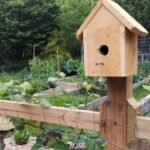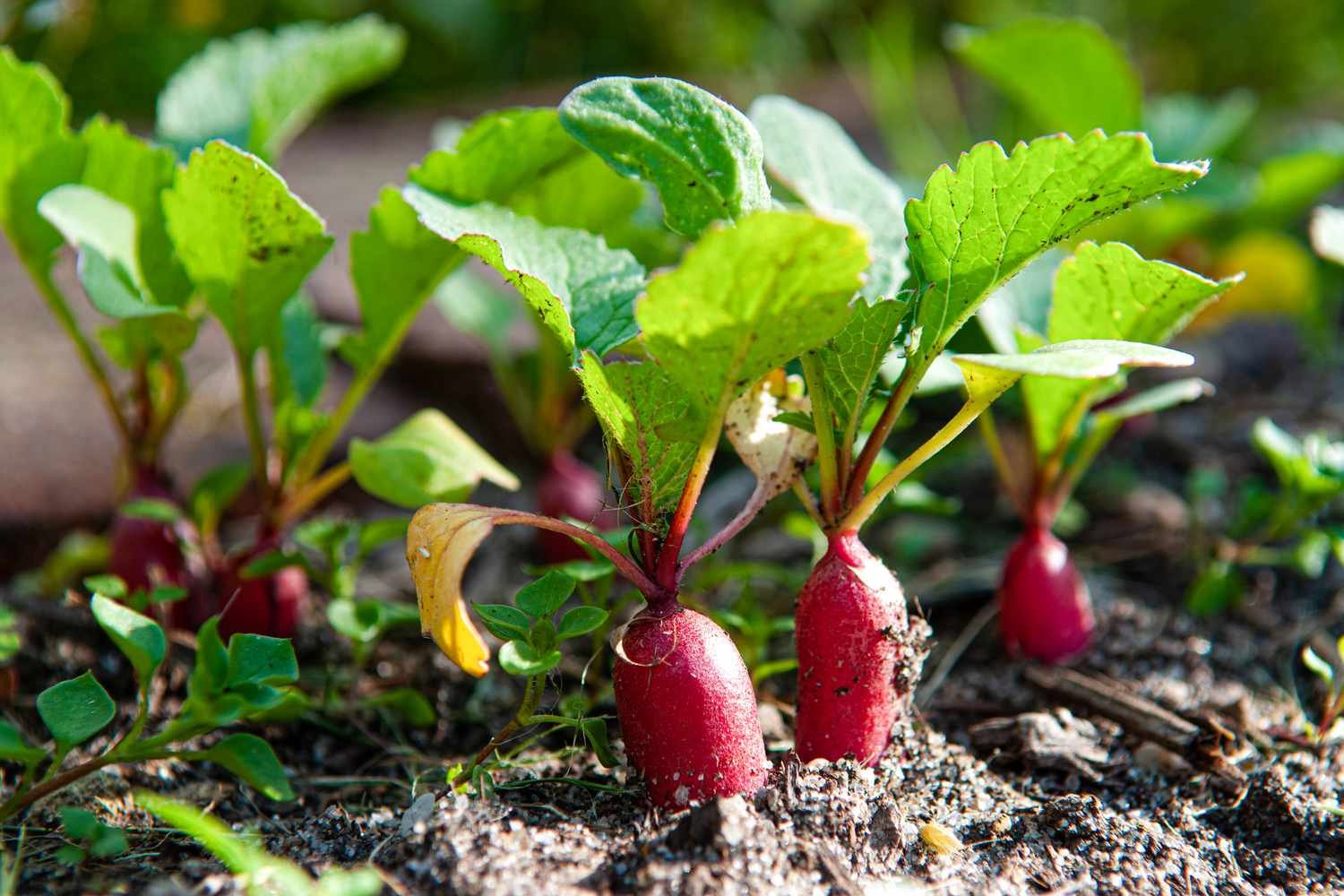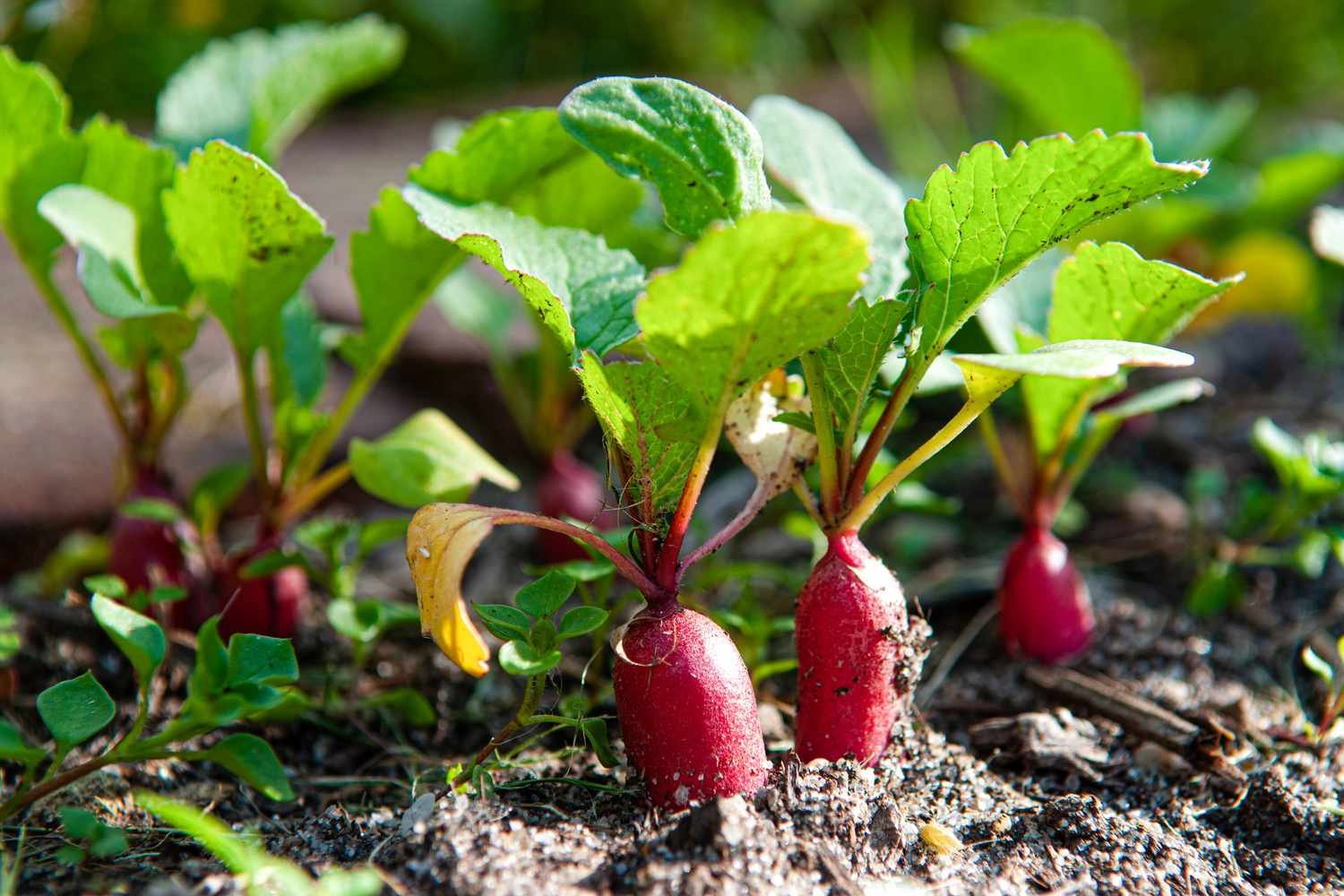Are you a tea lover who dreams of having your own supply of fresh, aromatic herbs to brew into delightful cups of herbal tea? Creating a herbal tea garden is the perfect solution! Not only does it provide you with a steady source of flavorful herbs, but it also adds beauty and fragrance to your outdoor space. In this article, we’ll guide you through the process of creating the best herbal tea garden, from choosing the right herbs to harvesting and brewing your own delicious teas.

Selecting the Perfect Location
The first step in creating a herbal tea garden is choosing the ideal location. Most herbs thrive in full sun, so look for a spot in your yard or garden that receives at least six to eight hours of sunlight each day. Ensure that the location has well-drained soil to prevent waterlogging, as herbs generally prefer soil that is slightly on the dry side.
Choosing Your Herbal Tea Plants
When selecting herbs for your tea garden, consider both your personal preferences and the growing conditions of your chosen location. Some popular herbs for tea include:
- Mint: Refreshing and invigorating, mint is a classic choice for herbal tea. It comes in a variety of flavors, including spearmint, peppermint, and chocolate mint.
- Lemon Balm: With its bright lemony flavor and soothing properties, lemon balm makes a delicious addition to herbal tea blends.
- Lavender: Known for its calming and relaxing effects, lavender adds a delicate floral flavor and aroma to tea.
- Chamomile: Chamomile is prized for its calming properties and subtle apple-like flavor, making it a popular choice for bedtime teas.
- Lemon Verbena: With its intense lemon flavor and aroma, lemon verbena adds a zesty kick to herbal tea blends.
Designing Your Tea Garden Layout
Once you’ve chosen your herbal tea plants, it’s time to design the layout of your garden. Consider creating raised beds or planting herbs in containers to ensure good drainage and prevent them from spreading uncontrollably. You can also incorporate paths or stepping stones to make it easier to access your herbs for harvesting and maintenance.
Planting and Caring for Your Herbs
When planting your herbal tea garden, space your herbs according to their mature size and growth habits. Water newly planted herbs regularly to help them establish strong root systems, and mulch around them to conserve moisture and suppress weeds. Be sure to monitor your herbs for pests and diseases, and address any issues promptly to keep your plants healthy and thriving.
Harvesting and Brewing Your Own Herbal Tea
Harvesting your herbs at the peak of freshness is key to making the best herbal tea. Snip off sprigs of mint, lemon balm, or chamomile flowers in the morning, when their essential oils are most concentrated. Rinse the herbs gently under cold water to remove any dirt or debris, then steep them in hot water for several minutes to extract their flavors and aromas. Experiment with different combinations of herbs to create your own custom tea blends, and enjoy the soothing, rejuvenating experience of brewing your own herbal teas.
Preserving Your Harvest
To enjoy your herbal tea garden’s bounty year-round, consider preserving your harvest for future use. You can dry herbs such as mint, lemon balm, and lavender by hanging them upside down in a warm, well-ventilated area until they are completely dry. Once dry, store the herbs in airtight containers away from heat and light to maintain their flavor and potency. You can also freeze fresh herbs in ice cube trays filled with water or olive oil for added convenience.
Conclusion
In conclusion, creating the best herbal tea garden is a delightful and rewarding endeavor that allows you to enjoy a steady supply of fresh, flavorful herbs for brewing delicious teas. By selecting the right herbs, designing a thoughtful layout, planting and caring for your herbs, harvesting and brewing your own herbal teas, and preserving your harvest for future use, you can create a beautiful and bountiful garden that enhances both your culinary creations and your overall well-being. So roll up your sleeves, dig in the dirt, and start growing your own herbal tea garden today!











